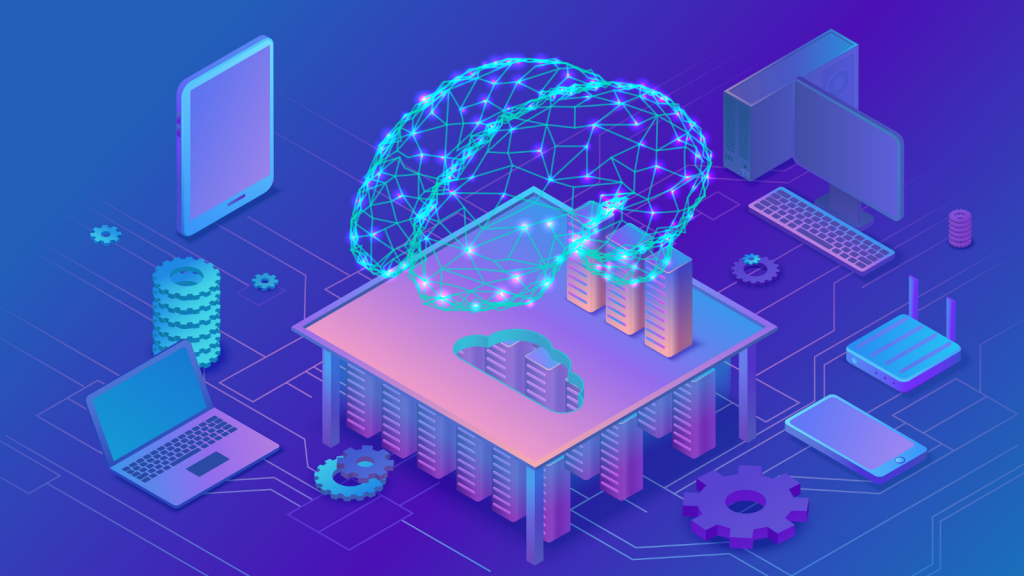Artificial Intelligence (AI) is no longer a futuristic concept—it’s a reality that’s reshaping the business landscape. From automating routine tasks to enabling data-driven decision-making, AI is revolutionizing industries across the globe. As we move into 2024, the adoption of AI technologies is accelerating, offering businesses unprecedented opportunities for growth and innovation. In this article, we’ll explore how AI is transforming industries and provide insights into how your business can harness its power.
1. AI in Customer Service: Enhancing the Customer Experience
One of the most visible applications of AI is in customer service. Chatbots and virtual assistants powered by AI are now handling a significant portion of customer inquiries, providing instant responses and personalized support. This not only improves customer satisfaction but also frees up human agents to focus on more complex issues.
Key Applications:
- Chatbots: AI-driven chatbots can handle FAQs, process orders, and provide 24/7 support.
- Sentiment Analysis: AI can analyze customer feedback to identify trends and improve service quality.
- Personalization: AI algorithms can recommend products or services based on customer preferences.
2. AI in Marketing: Driving Data-Driven Strategies
AI is transforming the way businesses approach marketing. By analyzing vast amounts of data, AI can identify patterns, predict consumer behavior, and optimize marketing campaigns for maximum impact.
Key Applications:
- Predictive Analytics: AI can forecast sales trends and customer behavior, enabling more accurate targeting.
- Content Creation: AI tools like GPT-4 can generate blog posts, social media content, and ad copy.
- Ad Optimization: AI can automatically adjust ad placements and budgets to maximize ROI.
3. AI in Operations: Streamlining Efficiency
AI is playing a crucial role in optimizing business operations. From supply chain management to inventory control, AI-powered systems are helping companies reduce costs and improve efficiency.
Key Applications:
- Supply Chain Optimization: AI can predict demand, optimize routes, and reduce delivery times.
- Inventory Management: AI algorithms can track stock levels and automate reordering processes.
- Predictive Maintenance: AI can monitor equipment and predict when maintenance is needed, reducing downtime.
4. AI in Finance: Revolutionizing Decision-Making
The finance industry is leveraging AI to enhance decision-making, detect fraud, and improve customer experiences. AI-powered tools are enabling faster and more accurate financial analysis, helping businesses make informed decisions.
Key Applications:
- Fraud Detection: AI can analyze transaction patterns to identify suspicious activity in real-time.
- Algorithmic Trading: AI algorithms can execute trades at lightning speed based on market data.
- Personalized Banking: AI can provide personalized financial advice and product recommendations.
5. AI in Healthcare: Improving Patient Outcomes
AI is making waves in the healthcare industry, from diagnosing diseases to developing personalized treatment plans. By analyzing medical data, AI can assist healthcare professionals in delivering better patient care.
Key Applications:
- Medical Imaging: AI can analyze X-rays, MRIs, and CT scans to detect abnormalities.
- Drug Discovery: AI can accelerate the development of new drugs by analyzing chemical compounds.
- Telemedicine: AI-powered platforms can provide remote consultations and monitor patient health.
6. AI in Manufacturing: Enabling Smart Factories
The manufacturing sector is embracing AI to create “smart factories” that are more efficient, flexible, and sustainable. AI-powered systems are optimizing production processes and reducing waste.
Key Applications:
- Quality Control: AI can inspect products for defects with greater accuracy than human workers.
- Robotics: AI-powered robots can perform complex tasks with precision and speed.
- Energy Management: AI can optimize energy usage to reduce costs and environmental impact.
7. Ethical Considerations in AI Adoption
While AI offers numerous benefits, it also raises ethical concerns. Issues like data privacy, algorithmic bias, and job displacement must be addressed to ensure responsible AI adoption.
Key Considerations:
- Transparency: Businesses must be transparent about how AI systems make decisions.
- Bias Mitigation: AI algorithms should be regularly audited to prevent bias and discrimination.
- Workforce Reskilling: Companies should invest in training programs to help employees adapt to AI-driven changes.
8. The Future of AI in Business
As AI technology continues to evolve, its impact on business will only grow. In 2024, we can expect to see even more innovative applications of AI, from autonomous vehicles to advanced natural language processing. Businesses that embrace AI today will be well-positioned to lead in the future.
Key Trends to Watch:
- AI-Powered Automation: More businesses will adopt AI to automate repetitive tasks and improve efficiency.
- AI Ethics and Regulation: Governments and organizations will establish guidelines for responsible AI use.
- AI Democratization: AI tools will become more accessible to small and medium-sized businesses.
Conclusion
AI is no longer a luxury—it’s a necessity for businesses that want to stay competitive in 2024 and beyond. By leveraging AI to enhance customer experiences, optimize operations, and drive innovation, companies can unlock new opportunities for growth. However, it’s essential to address ethical considerations and invest in workforce reskilling to ensure a smooth transition to an AI-driven future.



